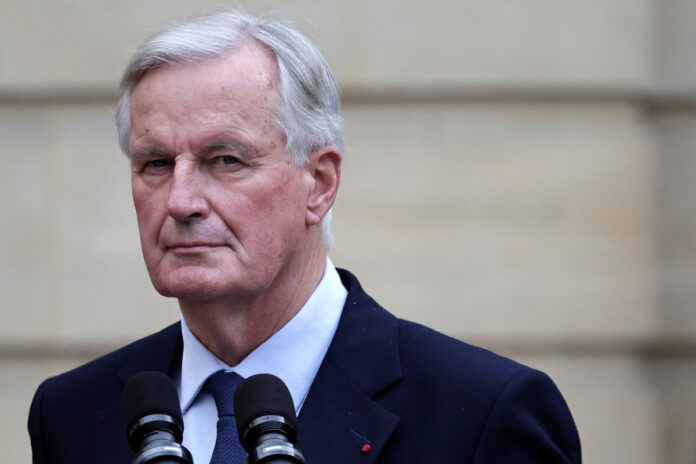Michel Barnier, the French Prime Minister has successfully navigated his first significant challenge on Tuesday, as a leftist no-confidence motion aimed at toppling his center-right government failed to secure the necessary votes.
The motion, filed by opposition lawmakers after President Emmanuel Macron appointed Barnier last month, drew just 197 votes in favor—significantly short of the 289 needed for approval.
Barnier’s administration remains precarious, relying on support from the far-right National Rally (RN) party, which had previously indicated their reluctance to align with leftist efforts to dismantle the government.
This political landscape underscores the challenges ahead for Barnier, who steps into office at a time marked by a fractious hung parliament.
As attention shifts from the no-confidence vote, all eyes are now on Barnier’s upcoming budget proposal, set to be unveiled on Thursday.
The budget is expected to include stringent measures, with reports suggesting potential tax hikes and spending cuts totaling approximately 60 billion euros ($65.9 billion) in a bid to address the country’s ballooning deficit.
The RN’s Marine Le Pen, commenting on Barnier’s policy framework, expressed a conditional willingness to support his initiatives, emphasizing the need for any tax increases to be matched by measures enhancing the purchasing power of the lower and middle classes.
Approval of the budget bill will be critical for Barnier’s political survival and will test the fragile alliances his government needs to maintain in this challenging political environment.



















